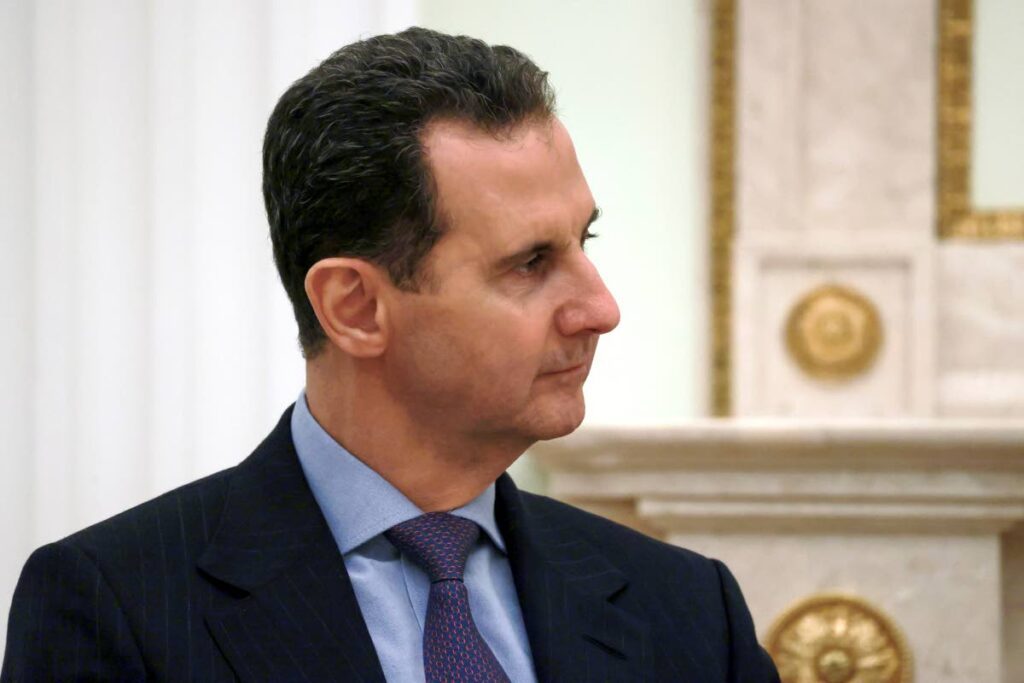Syria’s new chapter

IN LESS than a fortnight, the dynastic regime that ruled Syria for over half a century was toppled.
When rebel forces, led by Abu Mohammed al-Golani, took hold of Aleppo on November 30, it marked the start of a remarkable offensive.
By December 7, the insurgents had taken Homs.
One day later, they entered Damascus.
Syrian President Bashar al-Assad, son of Hafez al-Assad, fled to Russia. Statues and portraits of the Assads were torn down. A brutal dictatorship fell.
It is a new chapter.
Yet we must temper any sense of hope with extreme caution.
The world has seen this kind of change before. The fall of one administration creates a vacuum then filled with something equally bad, if not worse.
It will be a delicate and difficult task for figures like Mr Golani, who made his first post-victory appearance at the Great Mosque of Damascus on Sunday afternoon, to reconcile the interlocking interests that define the country and to rebuild its frayed infrastructure and institutions.
But the nature of the rebel alliance that has brought these developments to pass is a cause for pause.
At the top of that force for change is Mr Golani’s Hayat Tahrir al-Sham, or HTS, a Sunni Islamist group with roots in both al-Qaeda and the Islamic State.
The HTS is classed as a terrorist entity by Australia, the EU, the UN, the UK and the US – a serious consideration that now forces an awkward diplomatic dance. The rebels, who claim to be reformist, momentarily possess a considerable advantage because of the ousted government’s unpopularity.
Under Mr Assad, one of the worst migration crises erupted, with millions fleeing.
His 2011 crackdown on pro-democracy Arab spring protests began a conflict in which at least 400,000 people died or disappeared. A French arrest warrant against him for the use of chemical weapons is pending.
Vast underground torture chambers are among the grim relics of his rule now coming to light, alongside symbols of the obscene wealth he enjoyed within the marbled walls of the presidential palace.
Mr Assad’s overthrow supplies a study in the tactical advantage of distraction.
The forces that propped him up for years could not afford to do so any longer. Moscow is busy with Ukraine. Hezbollah has been weakened by Israel. Iran has been defanged.
At the same time, if all good things must end, all bad things must end too – that is the warning authoritarians should heed.
The world has an interest in Syria’s success.
We cannot allow the country to fail at this critical moment in the Middle East.
Yet, while it took days for a dynasty to fall, it might take years for democracy to take root again, if it ever does.

Comments
"Syria’s new chapter"